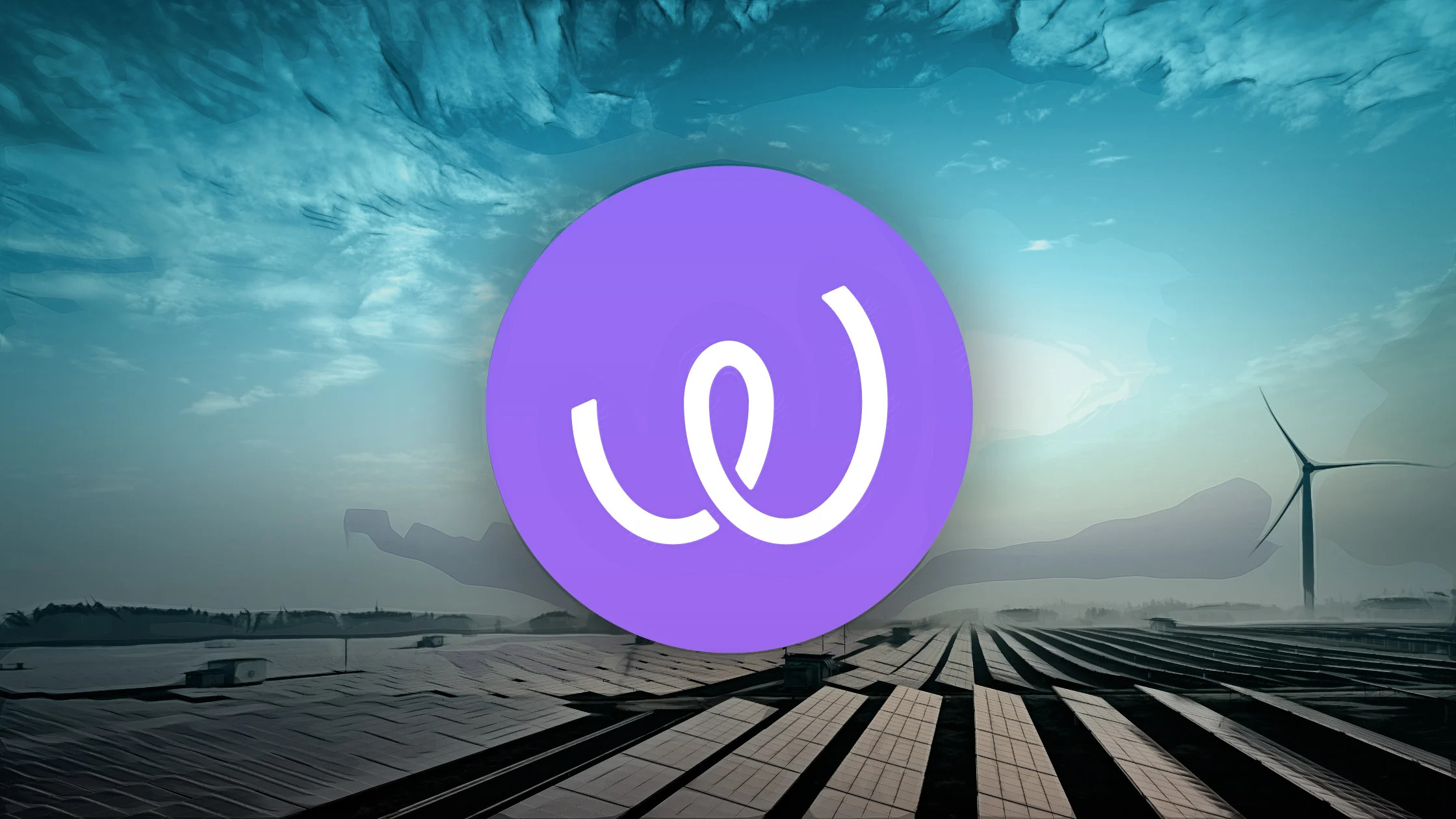As the world shifts toward more sustainable energy solutions, blockchain technology is beginning to play a crucial role in transforming the way energy is produced, distributed, and consumed. One of the standout projects driving this revolution is Energy Web Token (EWT). Designed to accelerate the global transition to a low-carbon, decentralized energy ecosystem, EWT is more than just a cryptocurrency—it is a key enabler of energy innovation and sustainability.
Energy Web Token is built on the Energy Web Chain, a decentralized blockchain platform specifically created to address the needs of the energy sector. By providing a secure, transparent, and scalable platform, EWT is enabling energy companies, regulators, and consumers to interact in ways that were previously unimaginable. As the world continues to embrace clean energy, EWT is positioned to play a pivotal role in this transformation.
Energy Web Token’s Role in Decentralizing the Energy Market
EWT’s primary goal is to decentralize and streamline energy markets by leveraging blockchain technology. Traditional energy systems rely heavily on centralized entities, which often create inefficiencies, limit innovation, and increase costs. EWT, through the Energy Web Chain, allows for the creation of decentralized applications (dApps) that enhance transparency, trust, and efficiency in energy transactions.
One of the key features of Energy Web Token is its ability to facilitate peer-to-peer energy trading. Consumers and producers can directly trade energy without the need for intermediaries, allowing for more efficient and cost-effective exchanges. This can be especially important for renewable energy sources such as solar and wind power, where decentralized models could significantly reduce operational costs and increase the adoption of green energy.
EWT also serves as the native utility token for the Energy Web Chain, enabling the execution of smart contracts, securing the network, and paying for transaction fees. This token economy incentivizes participants to engage with the network, helping drive the adoption of decentralized energy solutions across the globe.
How EWT Supports a Sustainable Future
One of the standout aspects of Energy Web Token is its strong focus on sustainability. The energy sector is one of the largest contributors to carbon emissions, and many of the existing systems are not designed to handle the demands of clean energy integration. By using blockchain to create more efficient, transparent, and decentralized energy networks, EWT is helping to foster a future where renewable energy can thrive.
The Energy Web Chain is already being used to support a range of applications that promote sustainability. These include solutions for tracking renewable energy certificates (RECs), managing grid balancing, enabling demand-response systems, and facilitating the integration of electric vehicles (EVs) into the grid. As more energy companies, governments, and individuals adopt these decentralized solutions, EWT is positioning itself as a key player in the transition to a cleaner, more sustainable energy ecosystem.
Collaboration with Industry Leaders
Energy Web Token is backed by a coalition of leading companies and organizations in the energy and blockchain spaces. These include major energy utilities, network operators, and industry experts, who are working together to accelerate the adoption of decentralized energy solutions. By fostering collaboration between industry leaders, EWT is helping to create a standardized approach to energy blockchain applications.
This widespread industry support has helped to validate Energy Web Token’s use case and potential. As the project grows, its partnerships with major energy companies are expected to further expand, creating a broad and interconnected ecosystem that spans the global energy market.
Challenges and Risks for Energy Web Token
Despite its potential, Energy Web Token still faces challenges on the road to widespread adoption. For one, the energy sector is traditionally conservative and slow to adopt new technologies, especially those that disrupt established models. Gaining traction in this space will require overcoming significant regulatory hurdles and convincing key stakeholders to embrace blockchain-based solutions.
Additionally, the scalability of blockchain technology remains an ongoing concern, especially as the demand for decentralized applications in the energy sector grows. However, Energy Web Token’s focus on using the Energy Web Chain as a purpose-built blockchain for energy applications means it is better suited for scalability compared to other general-purpose blockchains.
The Future of EWT and the Energy Sector
Looking forward, Energy Web Token has the potential to transform the energy sector by enabling decentralized, transparent, and efficient energy systems. As the world moves toward a cleaner and more sustainable energy future, the demand for blockchain-based solutions like EWT will only continue to rise. With its focus on enabling peer-to-peer trading, renewable energy tracking, and energy efficiency, EWT is well-positioned to lead the way in this new era of decentralized energy.
In conclusion, Energy Web Token represents a powerful and innovative approach to solving some of the most pressing challenges in the energy sector. By leveraging blockchain to decentralize energy markets and promote sustainability, EWT is helping to create a more efficient and transparent global energy ecosystem. While there are challenges to overcome, Energy Web Token’s growing network and industry backing make it a project to watch in the coming years. As decentralized energy solutions continue to gain traction, EWT is poised to play a key role in the transformation of the global energy landscape.”
